#☆scheduled☆
Explore tagged Tumblr posts
Text
something something madohomu can now only ever be one sided because maybe at the start when life was simpler they could've been something together but homura created dissonance between them to save madoka and fails to forgive herself for her mistakes and further hides herself away from a madoka that does not recognize her precisely because she has bent herself out of shape trying to save madoka all without daring to let madoka love her, something something madoka loves everyone but cannot love homura the way that homura loves madoka they are an eternally, comically separated love
#DOOMED YURI 🔥🔥#first pmmm post let's go !! i watched it again recently so here we are#puella magi madoka magica#madohomu#homura akemi#madoka magica#madoka kaname#☆thoughts☆#☆analysis☆#☆scheduled☆
145 notes
·
View notes
Text

terrible news: the only way to find out if something you create is gonna be good or bad is to actually create it
#interrupting ur regularly scheduled funny comics with some hawkeye-ass advice 👍#lady normalgirl and her eunuch#positivity#my doods#this was specifically inspired by the mando comic LOL bc i was sat there like its gonna be bad!!! its take forever and then gonna suck!!!#then i remembered it also might not suck BUT i couldnt find out til i made it#and IT BANGED IM SO PROUD OF IT#honestly might be the best comic ive ever made in my life!! and if i'd given into the fear-of-bad i'd never've made that!!!#10k#20k
29K notes
·
View notes
Text
i can handle one (1) Event™ per day. whether it be a phone call, an appointment, trip to the grocery store, play date with a friend, etc. only one, that's it. any more than that and i am Stressed
#idk how people have like jam packed schedules every day#i could never#introvert#autism#adhd#emily yaps
35K notes
·
View notes
Text
ok not to be that guy but like. labor rights and working class rights can coexist with 24h services and late amenities. its certainly hard to do so without worker exploitation in this political and social environment, it’s not a conflict likely to resolve overnight. but 24h services are important and especially valuable to those of us that are disabled or are on a different circadian rhythm. in fact more professional, health, and government services should be available or at least possible to work on asynchronously (if applicable) during late or odd hours, while workers also get sufficient pay for their labor and proper consistent scheduling. this would be much easier on the workers with night schedules if the entire professional world didn’t grind to a halt at 5pmEST
#just like. it doesn’t have to be this way#the number of people I’ve talked to who would absolutely do a night schedule if it didn’t suck ass because you can never get anything done#like. go to the doctor. without waking up at your equivalent of 2am to make their latest afternoon slot#the sleep deprivation of trying to keep a normal schedule and trying to get stuff done sometimes on my natural schedule are like#the same. I started getting fevers any time I stayed up longer than 14 hours bc I had to do it so often to make appts#it’s only a little better now because I’ve been strict with a schedule that’s somewhere in the middle#so I at least have 2 hours to try and do stuff before the entire country fucks off to bed#.txt
35K notes
·
View notes
Text

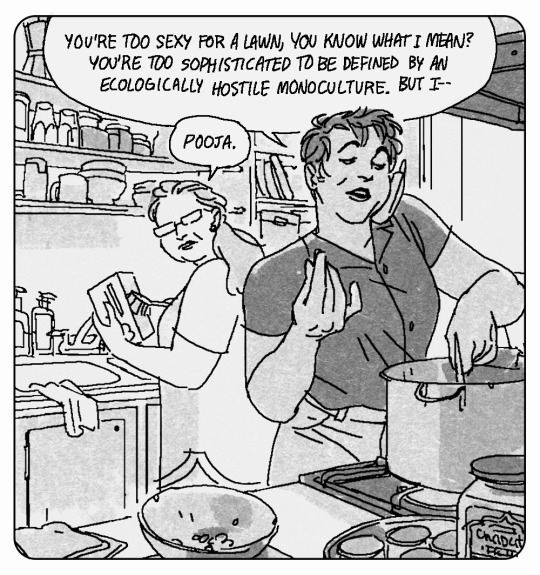
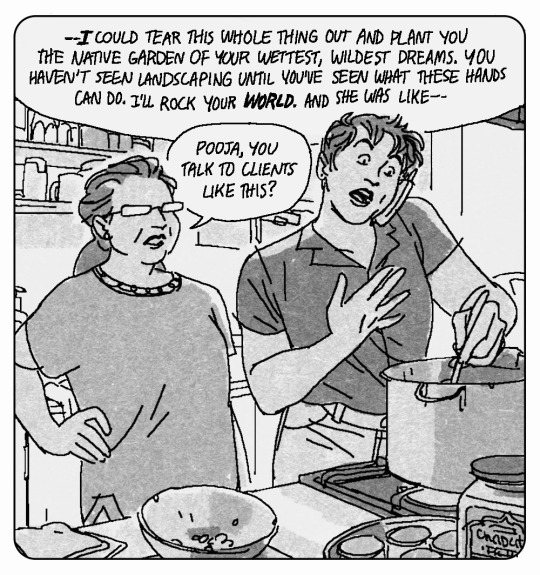
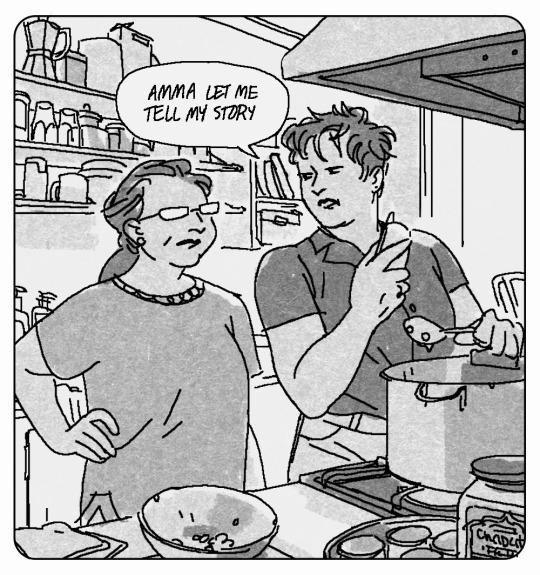
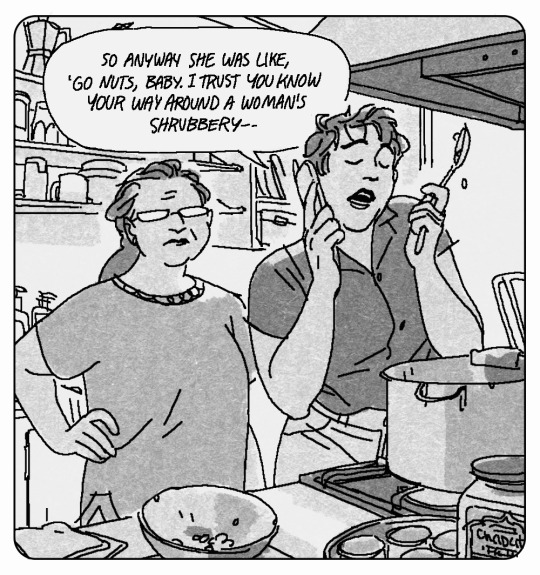
really factual recounting with no embellishments whatsoever
#she’s CORNY. getting DEEPLY silly with it sorry#coworker on the other end is like#that’s great now can we talk about how we r going to fit this crazy insane installation into our schedule#bslc#digital art#x
80K notes
·
View notes
Text

locked the fuck back in
#gets home from s1 watchparty immediately breaks out csp like i HAVE to draw them kissing#because s1 DID NOT HAVE ENOUGH OF IT. some might say it didn't have ANY#my art#arcane#jayvik#jayce talis#viktor arcane#havent gotten to s2 yet due to scheduling constraints. but it's been very funny seeing the vikjayce scene get resuscitated in my notifs#got ao3 notifs from writers i literally haven't seen since 2022
35K notes
·
View notes
Text






this is based entirely off of the fact that the "complete without issue" chapter completion trophies are cancelled if you get the eggs, making the eggs the issue LKDSLKF
i just think it would be so funny if we had two mysterious forgotten guys and they hated each other
#deltarune#utdr#ut/dr#kris dreemurr#kris deltarune#susie deltarune#susie dr#ralsei deltarune#ralsei dr#gaster#w. d. gaster#w.d. gaster#wd gaster#gaster deltarune#deltarune forgotten man#deltarune egg man#my art#i think everything we know about the forgotten man now kinda confirms what i already thought was true#aka that they're completely diff guys and that the valentine's letter was this guy and not gaster#their speech patterns are entirely different#they're both cryptic in completely different ways!#someone was analyzing the japanese translation of his text and apparently his speech pattern even lines up#with the unused text with “the gash weaves down as if you cry”#so bro has SOMETHING to do with gaster but he is NOT gaster#im sure it's something much more interesting but for now i am cackling about the potential Forgotten Men Beef#scheduled
12K notes
·
View notes
Text

thinking about her in these trying times
#oh god oh dear it's coming#excited!#yet terrified !#deltarune#just a week away#deltarune tomorrow#i love giving noelle curly golden hair i feel like it fits the angel asthetic#utdr#noelle#noelle holiday#noelle deltarune#my art#artists on tumblr#digital art#look at me scheduling a post for a change#i'm sure you are all proud
11K notes
·
View notes
Text
dazai and facades and healing
listen, i... really dislike the take that ada dazai's bubbly personality is, predominantly, a facade or a mask of some kind. i believe that its part of dazais true self.
people, and in my heart, bsd dazai, arent one dimensional. dazai can be light hearted and still have complex emotions. both can be genuine.
the thing that leads me to dislike the concept that dazai is constantly lying in his lightheartedness in the ada is that it was the same way he acted in the bar around odasaku and ango, some of his closest friends. sort of lazy, sort of bratty, sort of loud, sort of hyper. if anything is a facade, its his accentuated brutality and cruelty that he showed akutagawa for example.
another thing is that, having dazai be putting on a front at the time of the story partially defeats his character's purpose. in my eyes, part of the point of his character is that him being in the ada has helped him heal. hes comfortable now, he doesnt feel like he has to appear dangerous in order to survive. maybe in the beginning, for example in dazais entrance exam, it was partially or mostly a front. but the way that he is now, i see as a genuine result of his newfound contentedness. lazing around at work, knowing that they wont fire him, that he wont get hurt if he plays around. dazai played around with chuuya in the pm as well, but he was a peer. dazais platoon in the pm was almost intimidated by him and thats what led to his ultimate survival of that situation.
dazai has healed in the ada. i genuinely believe that. sure, he doesnt want to share every detail of his past, but that doesnt need to happen for him to be happy and for him to trust and be trusted in the ada. relationships are complicated. life is complicated. dazai is complicated too. but hes gotten better, and hes gotten more honest, and the life that he leads now is one that is real. and i think thats part of the fruits of his character arc.
#☆thoughts☆#☆analysis☆#bungou stray dogs#bsd dazai#bsd analysis#☆scheduled☆#bsd#dazai osamu#bsd meta#sortaaaaaa idk 😭
37 notes
·
View notes
Text


a couple studies of Cobel just standing there menacingly
#scheduling these for finale night#scared. excited. not sure what to do when it's over#severance#harmony cobel#artists on tumblr#heavypaint
11K notes
·
View notes
Text

surprisingly, viktor is quite the hugger. Only jayce knows this, of course.
#and viktor would never tell him that jayce is the only one who actually gets to hug him#because he would never feed his ego like that#kidding#he would#i just wanted to draw them hugging#when will my sleep schedule go back to normal#jayvik you have ruined me#let me go already#jayvik#jayvik fanart#jayce#jayce talis#jayce and viktor#arcane#arcane fanart#viktor#my art#fanart#digital art
16K notes
·
View notes
Text
If you did answer this poll, please take a second to stop scrolling.
If you haven't already heard Israel is still attempting to block aid going to Gaza and even threatening people over it. It is also Eid al-Adha, a holiday in which large feasts are prepared.
There are a lot of people sharing campaigns to donate money for food and other necessities for survival in Gaza. I am sharing Nader's family's campaign.
This is a small way to help make a big difference in a family's life struggling for survival under occupation. Every donation counts.
6K notes
·
View notes
Text
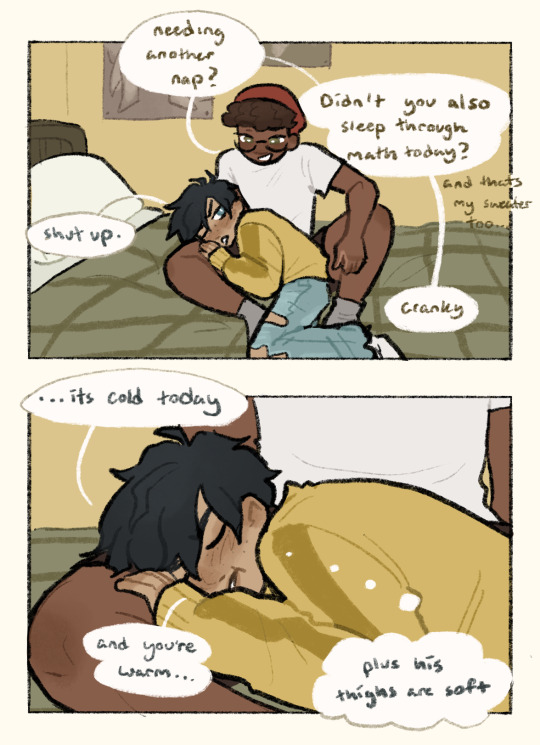
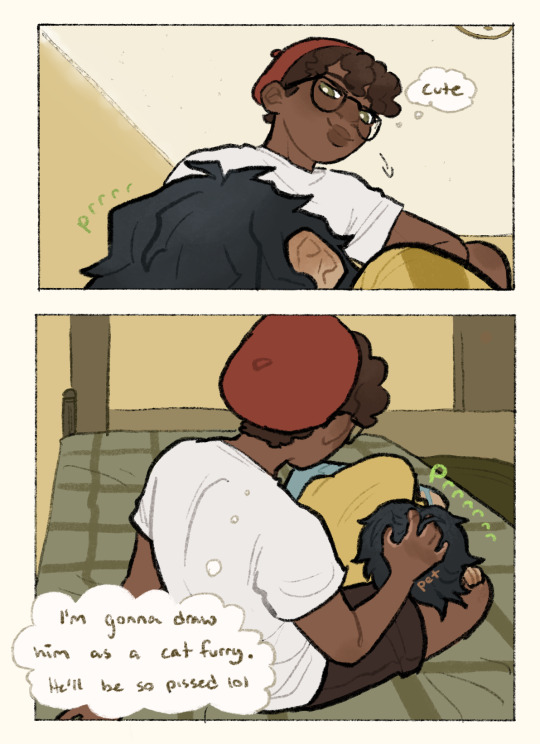
dont tease ur half-dead boyfriend, jeez
#this was longer initially but i got tired and didnt want to do the rest of it#maybe later#got a busy schedule rn#danny phantom#savant par#tucker foley#this comic goes with the other one where i had tucker draw him as a dog
9K notes
·
View notes
Text


SICKENING

#mlp#my little pony#twilight sparkle#starlight glimmer#twiglimmer#startwi#twistar#mlp fim#mlp g4#my art#my goffffffffff hteyre disgusting they should be ARRESTED hhhhhhh#twilight has cuddle time scheduled she does#shes going to get a good grade at snuggling which is normal and possible to achieve#ive been working on this for days and im really proud of the expressions here but i have to say#even after all this time homopbic spike still takes me out#day 9 of posting ponies
7K notes
·
View notes
Text





JEFF THE LAND SHARK in MARVEL RIVALS (2024)
#marvelrivalsedit#marvel rivals#marveledit#jeff the land shark#gamingcreatures#dailygaming#gameplaydaily#gamingedit#userkarlo#userliliana#radioactive-synth#flashing gif cw#[idk why the last one is so oversharpened i did nothing different lol]#scheduled#mine: gifs
9K notes
·
View notes